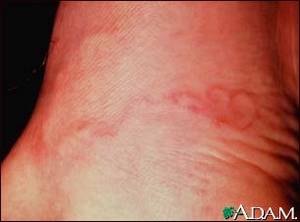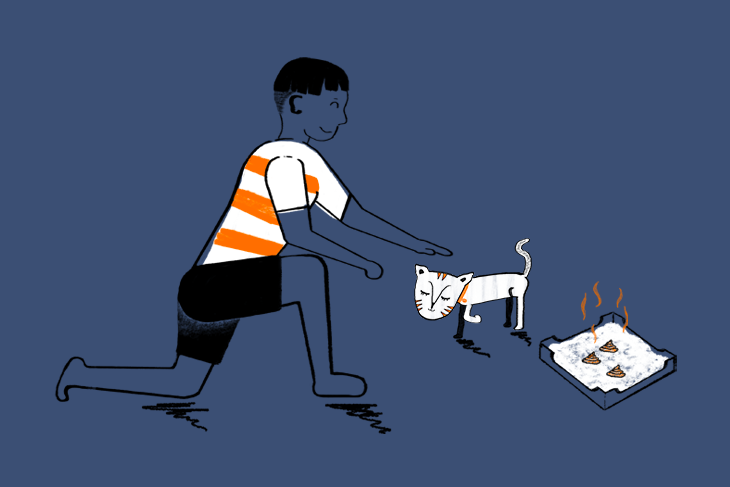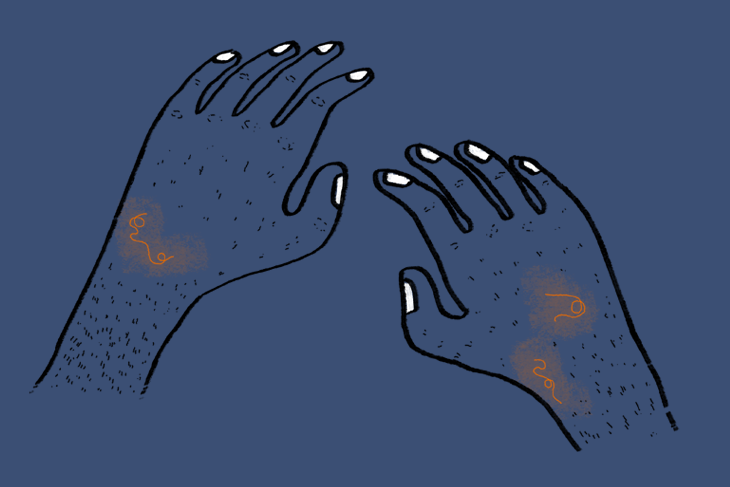Another parasite that can be passed to humans via cat feces is a tiny single-celled parasite called Toxoplasma gondii. Millions of Americans have already been infected with this parasite. Normally, the infection causes no problems in humans who develop immunity to the disease and cannot be reinfected. Likewise, infected cats generally display no symptoms, which makes it very difficult to diagnose them.
However, on rare occasions, Toxoplasmosis can result in damage to the eyes, brain or other organs. This outcome is more likely in people with weakened immune systems or when a pregnant woman is infected for the first time. In this case, miscarriage, stillbirth, blindness or brain damage to the baby can result.
Cats and humans contract the disease from raw meat, which includes wild animals. Kittens are more susceptible to the disease than adult cats. To avoid the risk of a cat becoming infected, do not feed it raw meat. Commercial foods or cooked meat will ensure that this parasite is not transmitted to the cat. Pregnant women should avoid handling raw meat where possible, and where necessary should always wash their hands thoroughly afterwards. In addition, someone else should be responsible for changing the kitty litter at least once a day. It is possible to have a blood test to confirm whether you have immunity to this disease, so many doctors will recommend this when a patient with a cat becomes pregnant.
"Toxoplasmosis can result in damage to the eyes, brain or other organs. This outcome is more likely in people with weakened immune systems or when a pregnant woman is infected for the first time."







